The race for Swiss Senate seats is open

Just when you thought that the elections for the Swiss parliament were over, the suspense continues in many parts of the country with run-off polls for Senate this month.
The October 20 parliamentary elections resulted in landslide gains for Green parties and caused a shock for the political right and the left in Switzerland as they both lost seats in the House of Representatives. It was also a historic result for women who increased their representation by 10% to a record 42%.
The question now is whether the so-called “Green wave” will be confirmed in the second round of elections to the Senate taking place over the next four Sundays in 13 of the country’s 26 cantons.
The new parliament will meet for its first session on December 2.
It’s because it has only been possible to allocate 24 of the 46 Senate seats so far. In all the other cases, none of the candidates won the necessary absolute majority of more than 50% of the votes cast in the first round.
In the second round, the candidate(s) with the most votes wins, regardless of the absolute majority rule.
German-language abbreviations used. CVP – Christian Democratic Party; FDP – Radical Liberal Party; Grüne – Green Party; SP – Social Democratic Party; SVP – Swiss People’s Party; parteil. – No party, but affiliated with the SVP.
The elections are decisive for the make-up of the Senate for the next four years. Each Swiss canton sends two representatives to the 46-member chamber. The six so-called half cantons have one seat each.
In contrast to the House of Representatives with 200 seats, the much smaller Senate is organised to a lesser extent along party-political lines but represents the interests of the cantons. Yet the Senate and the House have the same powers.
Adoption of a law, for instance, needs approval by both chambers and they meet for a joint session to elect the government ministers.
The Greens are expected to make gains and the Social Democrats look set to lose some seats according to pundits.
However, it is safe to say that the centrist Christian Democrats will remain the strongest party in the Senate ahead of the centre-right Radicals. At best, the Greens can hope to increase the number of seats to six in the 46-strong body. The right-wing Swiss People’s Party, the leading group in the House, currently holds five Senate seats.
Predictions about the impact on parliament’s policy over the next four years remain vague, for a reason. Under the Swiss multi-party system, it takes a least three different groups to agree on a concrete proposal in order to win majorities both in the House and the Senate.
Elections to the national parliament are organised separately in the cantons, reflecting the degree of their autonomy under Switzerland’s federalist system.
Analysts will be watching whether a previously dominant group will have to give up part of its power, whether outsiders can unseat members of traditional parties or where women are elected to the Senate for the first time.
Swiss Abroad citizens are in principle eligible to take part in parliamentary elections if they registered in one of the cantons. But under the federalist system, 13 of the 26 cantons do not allow expatriate Swiss votersExternal link to participate in Senate elections.
There is no e-voting option and participants must use postal delivery or travel to Switzerland themselves to cast their ballot sheet.
The Organisation of the Swiss Abroad, which represents the interests of the expat community, has published recommendations for individual candidatesExternal link in run-off elections.
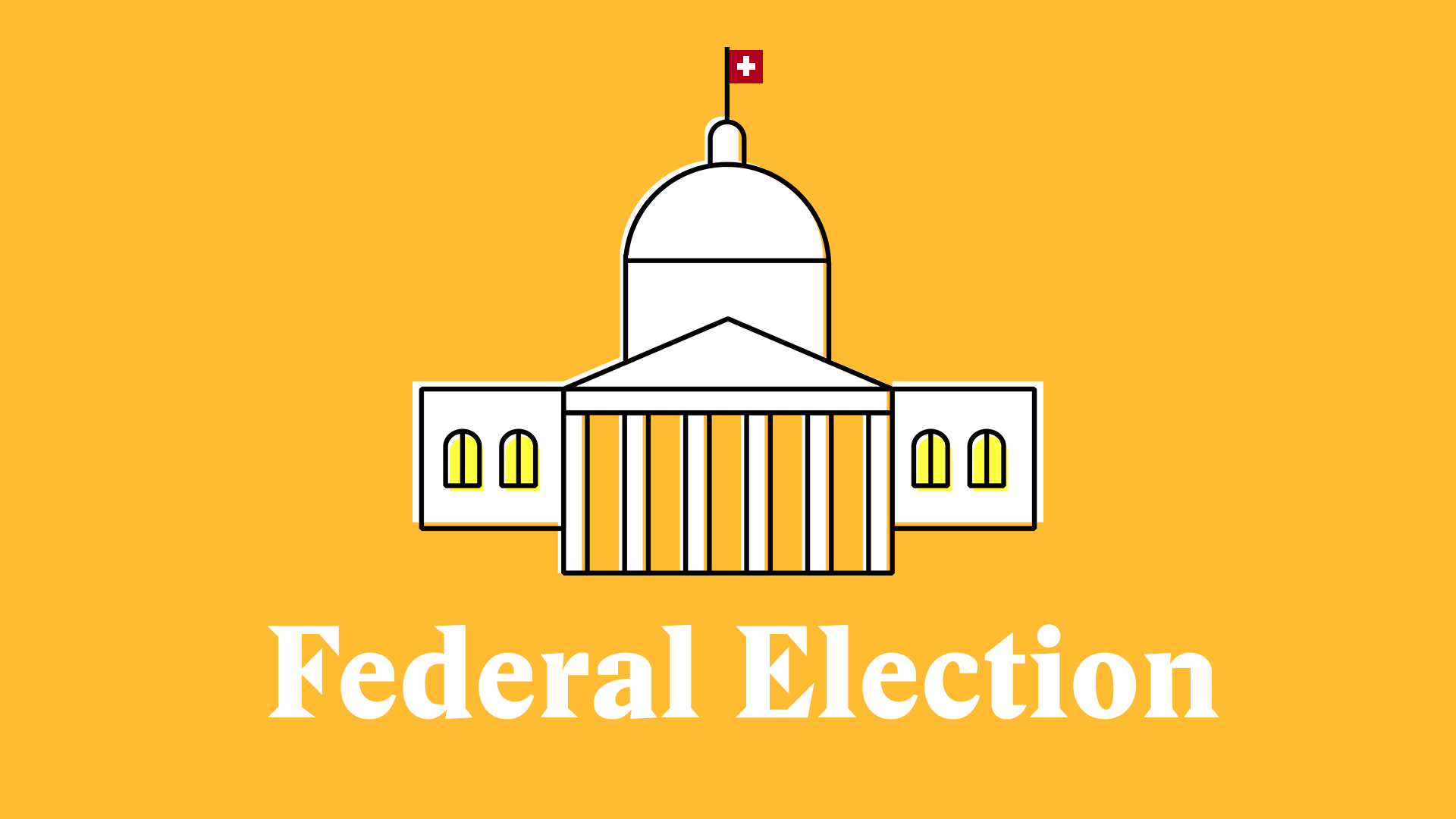
More
It’s the first time that…

In compliance with the JTI standards
More: SWI swissinfo.ch certified by the Journalism Trust Initiative










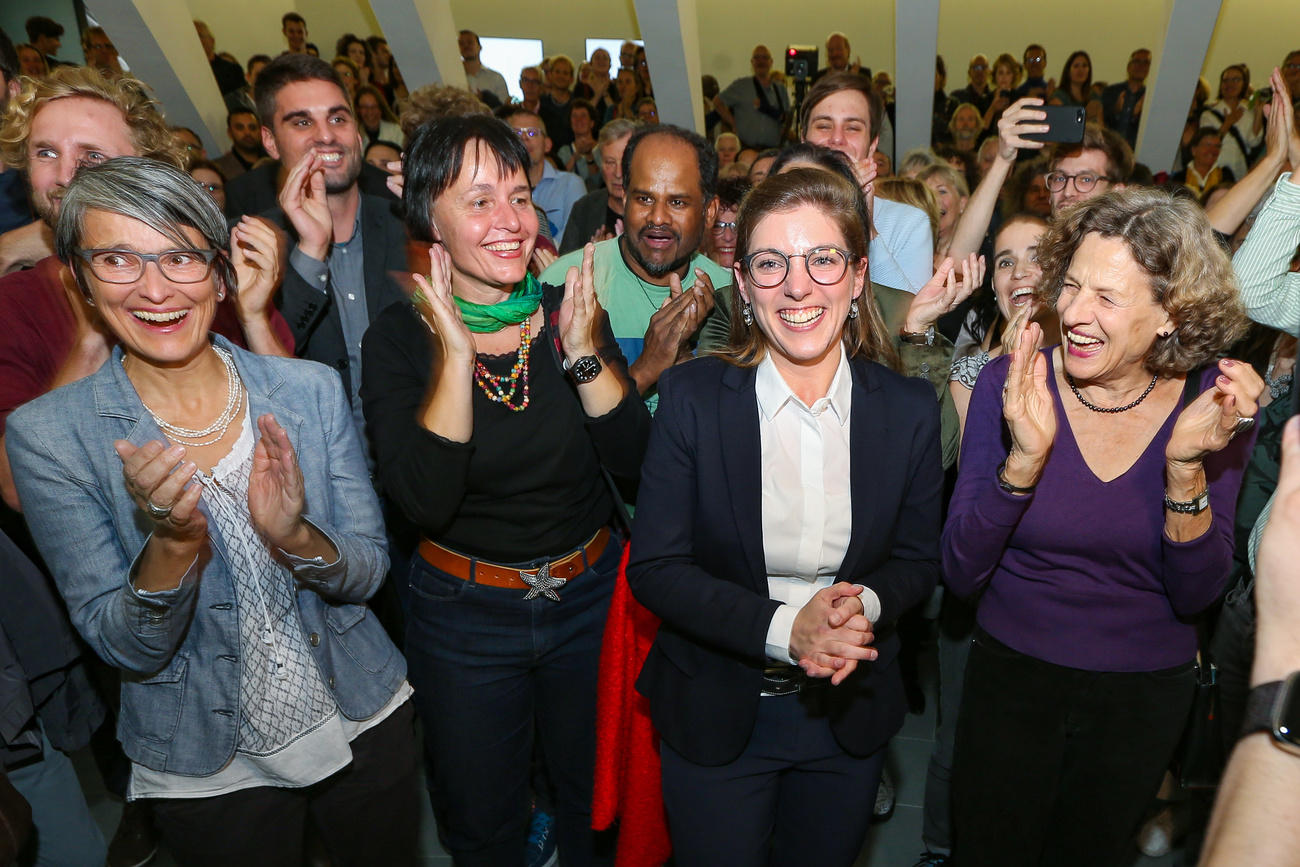


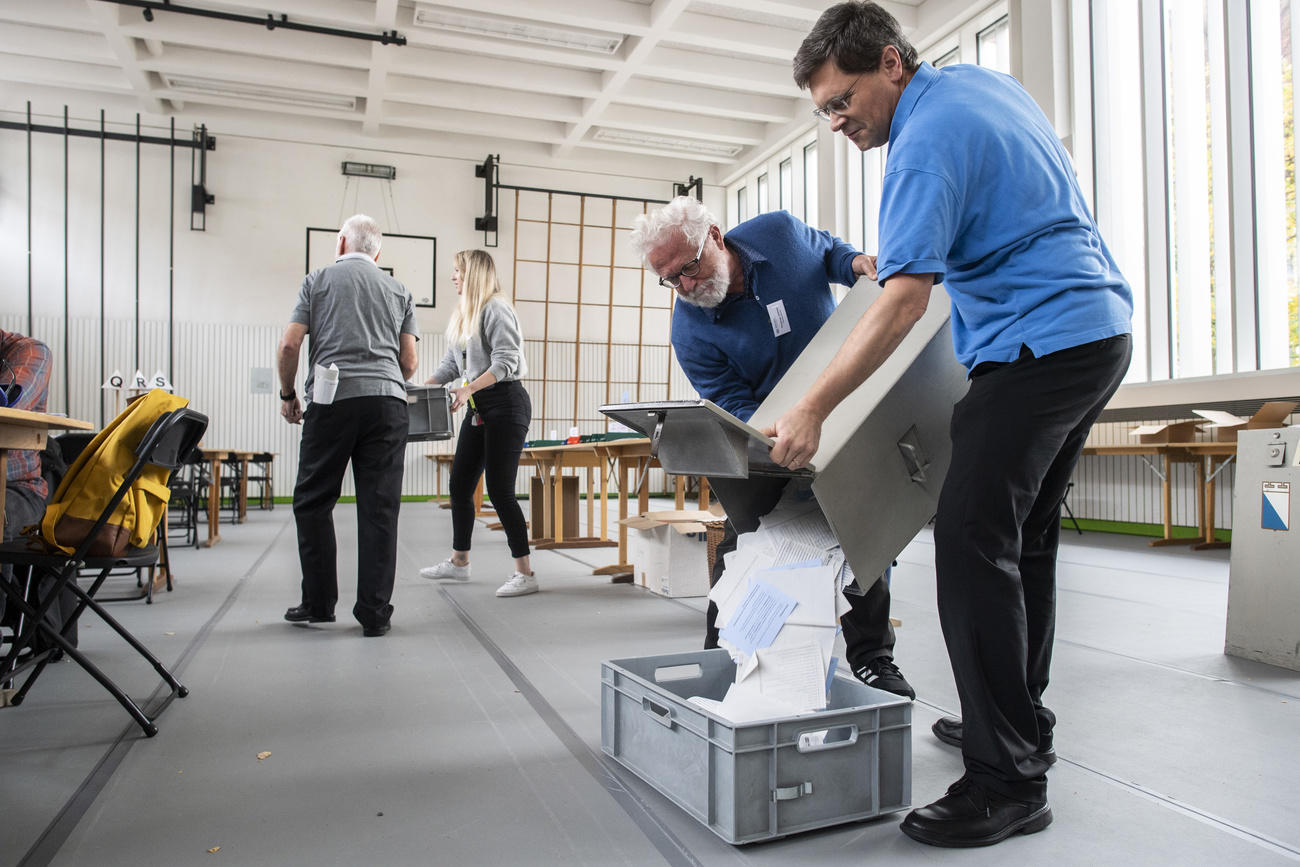
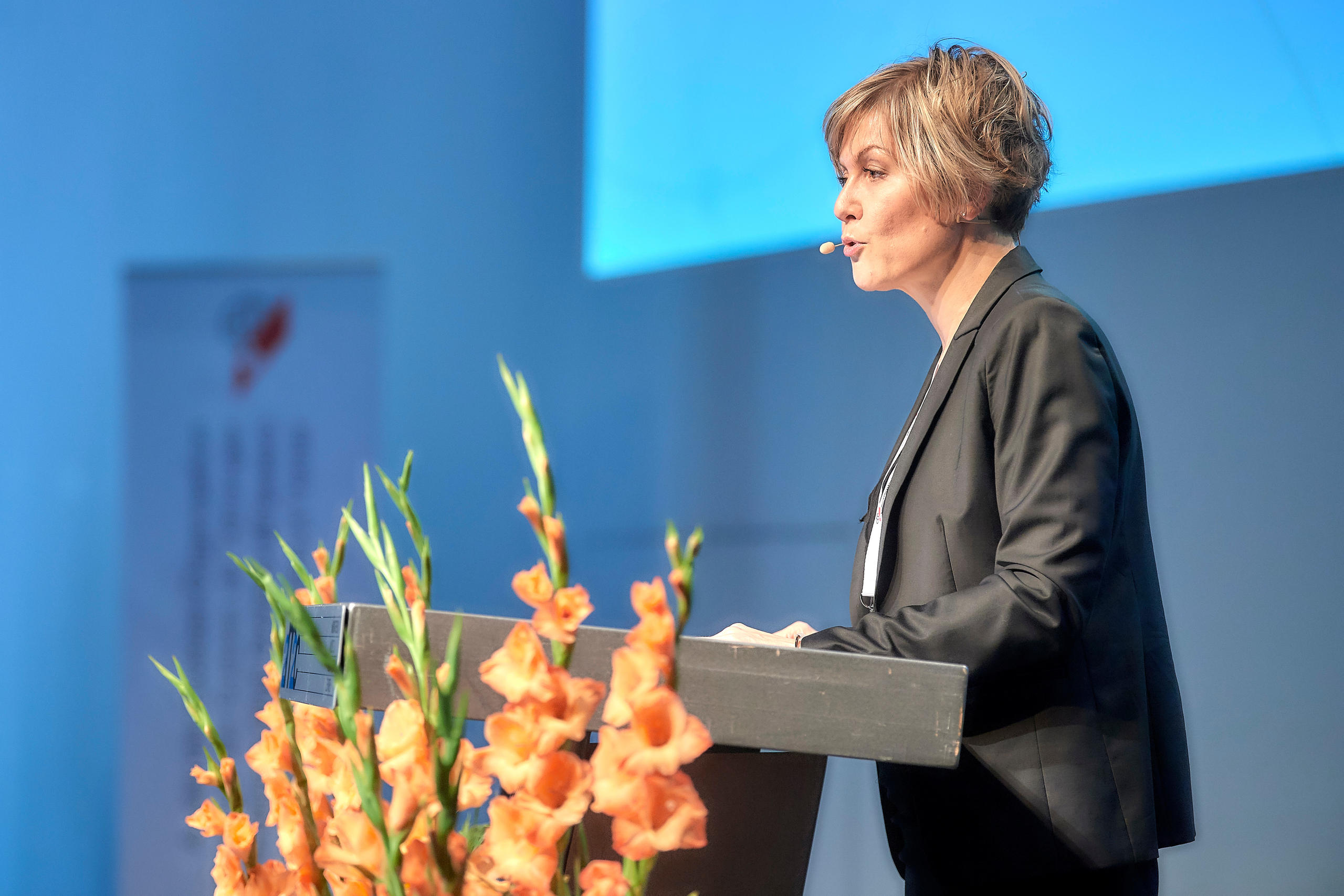
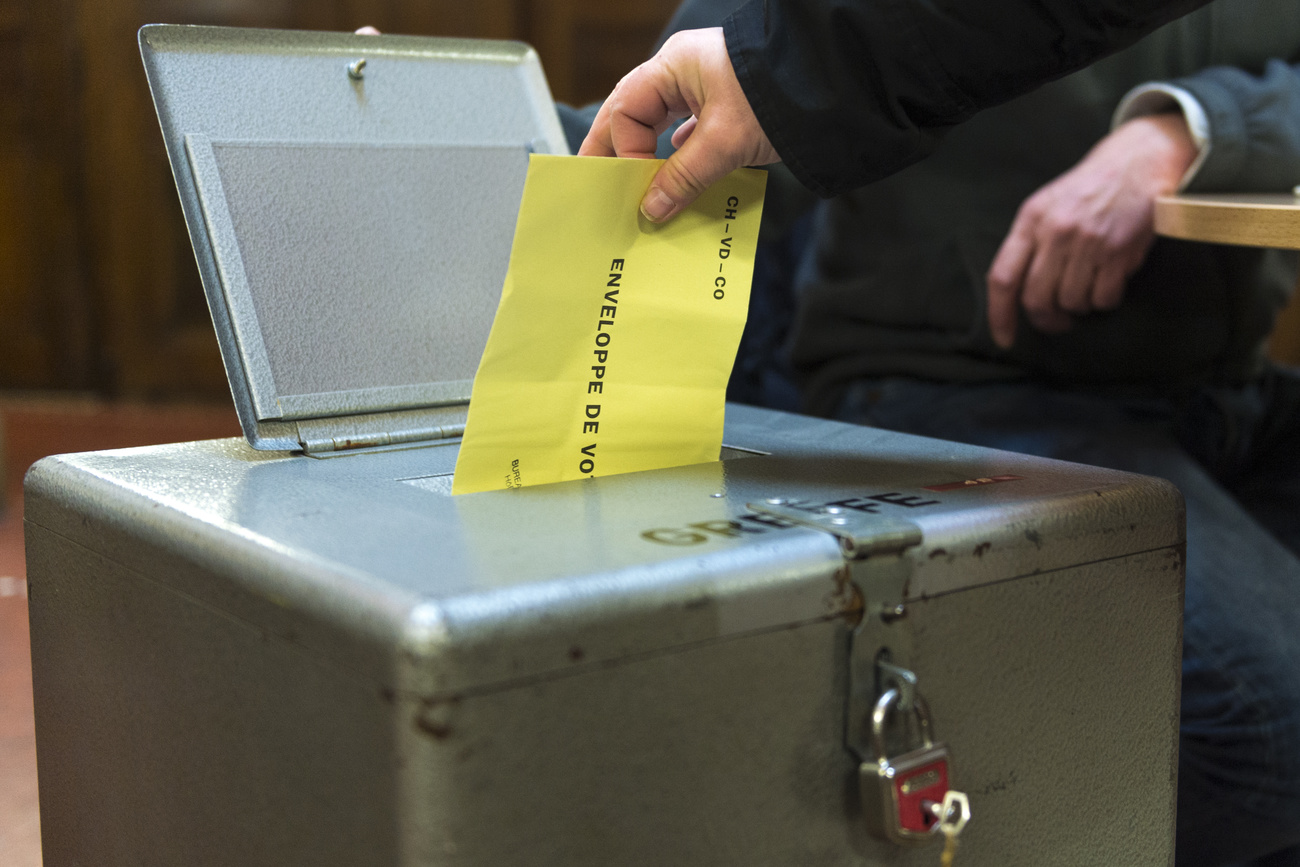
You can find an overview of ongoing debates with our journalists here . Please join us!
If you want to start a conversation about a topic raised in this article or want to report factual errors, email us at english@swissinfo.ch.